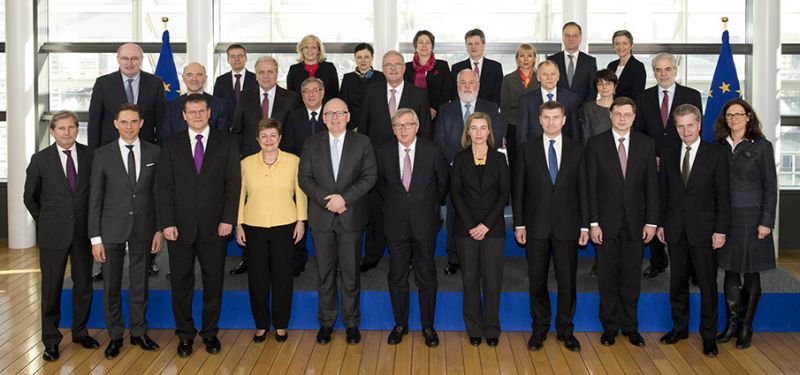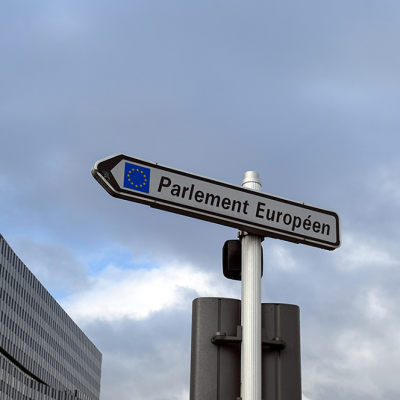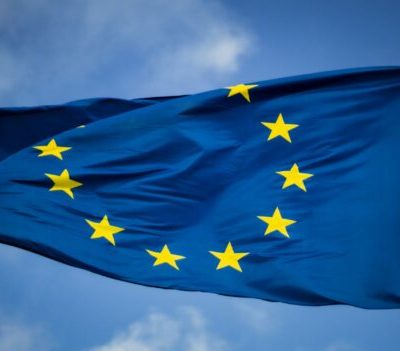A Political European Commission through a new organisation “This Time it’s Different”. Really?
In 2014, Jean-Claude Juncker, President of the European Commission, said he wanted to make the Commission ‘more political’.
Has the implementation of a new structure met this goal?

In 2014, Jean-Claude Juncker, President of the European Commission, said he wanted to make the Commission ‘more political’. He created project teams led by Vice-Presidents, and so implemented a new organisational structure that has instituted a new political hierarchy and a more political internal decision-making process. Does this new organisation deliver on President Juncker’s ambition? Will it continue to exist in future Commissions?
In this Policy Paper, Marine Borchardt, alumna of the College of Europe, winner of the Jacques Delors Prize 2016, reviews the new political hierarchy in the Commission, the evolutions of the internal decision-making process and the cooperation between Vice-Presidents and Commissioners within the project teams. The Policy Paper concludes that the new organisation delivers on President Juncker’s ambition to make the Commission more political. However, there are some misgivings that have to be solved, particularly concerning the implementation of the structure in practice.
This Policy Paper is also available in href=”http://www.institutdelors.eu/media/commissionuepolitique-borchardt-ijd-dec16.pdf?pdf=ok” target=”” title=”Une Commission Européenne politique grâce à une nouvelle organisation”>French.




